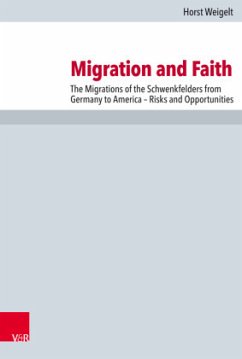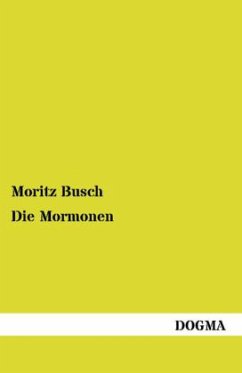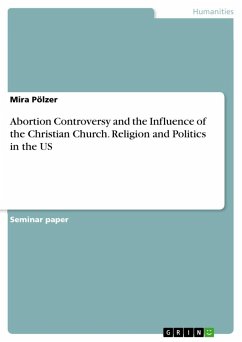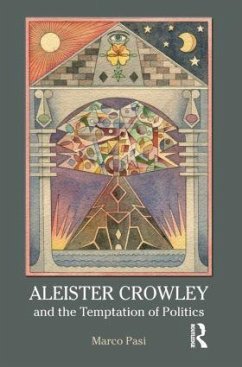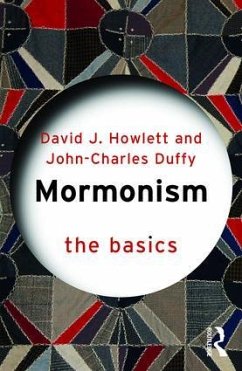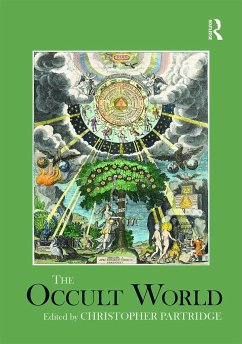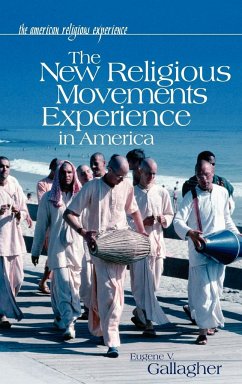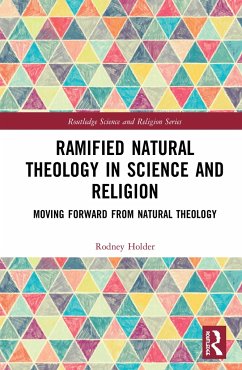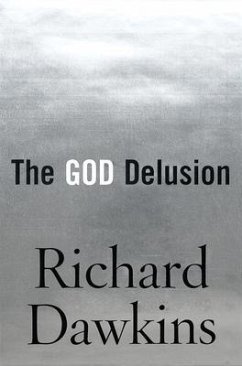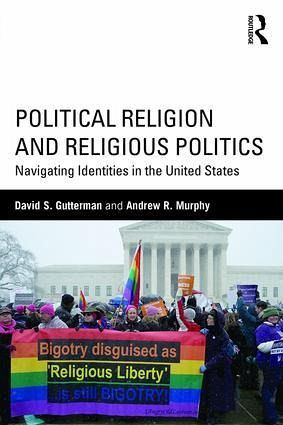
Political Religion and Religious Politics
Navigating Identities in the United States
Versandkostenfrei!
Versandfertig in 1-2 Wochen
58,99 €
inkl. MwSt.
Weitere Ausgaben:

PAYBACK Punkte
29 °P sammeln!
Profound demographic and cultural changes in American society over the last half century have unsettled conventional understandings of the relationship between religious and political identity. The "Protestant mainline" continues to shrink in numbers, as well as in cultural and political influence. The growing population of American Muslims seek both acceptance and a firmer footing within the nation's cultural and political imagination. Debates over contraception, same-sex relationships, and "prosperity" preaching continue to roil the waters of American cultural politics. Perhaps most remarkab...
Profound demographic and cultural changes in American society over the last half century have unsettled conventional understandings of the relationship between religious and political identity. The "Protestant mainline" continues to shrink in numbers, as well as in cultural and political influence. The growing population of American Muslims seek both acceptance and a firmer footing within the nation's cultural and political imagination. Debates over contraception, same-sex relationships, and "prosperity" preaching continue to roil the waters of American cultural politics. Perhaps most remarkably, the fastest-rising religious demographic in most public opinion surveys is "none," giving rise to a new demographic that Gutterman and Murphy name "Religious Independents." Even the evangelical movement, which powerfully re-entered American politics during the 1970s and 1980s and retains a strong foothold in the Republican Party, has undergone generational turnover and no longer represents a monolithic political bloc.
Political Religion and Religious Politics:Navigating Identities in the United States explores the multifaceted implications of these developments by examining a series of contentious issues in contemporary American politics. Gutterman and Murphy take up the controversy over the "Ground Zero Mosque," the political and legal battles over the contraception mandate in the Affordable Health Care Act and the ensuing Supreme Court Hobby Lobby decision, the national response to the Great Recession and the rise in economic inequality, and battles over the public school curricula, seizing on these divisive challenges as opportunities to illuminate the changing role of religion in American public life.
Placing the current moment into historical perspective, and reflecting on the possible future of religion, politics, and cultural conflict in the United States, Gutterman and Murphy explore the cultural and political dynamics of evolving notions of national and religious identity. They argue that questions of religion are questions of identity -- personal, social, and political identity -- and that they function in many of the same ways as race, sex, gender, and ethnicity in the construction of personal meaning, the fostering of solidarity with others, and the conflict they can occasion in the political arena.
Political Religion and Religious Politics:Navigating Identities in the United States explores the multifaceted implications of these developments by examining a series of contentious issues in contemporary American politics. Gutterman and Murphy take up the controversy over the "Ground Zero Mosque," the political and legal battles over the contraception mandate in the Affordable Health Care Act and the ensuing Supreme Court Hobby Lobby decision, the national response to the Great Recession and the rise in economic inequality, and battles over the public school curricula, seizing on these divisive challenges as opportunities to illuminate the changing role of religion in American public life.
Placing the current moment into historical perspective, and reflecting on the possible future of religion, politics, and cultural conflict in the United States, Gutterman and Murphy explore the cultural and political dynamics of evolving notions of national and religious identity. They argue that questions of religion are questions of identity -- personal, social, and political identity -- and that they function in many of the same ways as race, sex, gender, and ethnicity in the construction of personal meaning, the fostering of solidarity with others, and the conflict they can occasion in the political arena.





